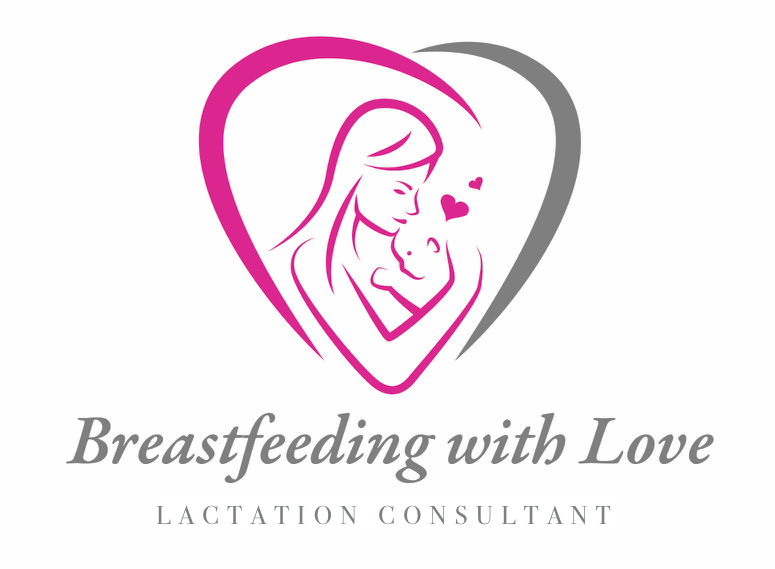Breastfeeding: When And How To Start Solid Foods
The World Health Organization recommends exclusively breastfeeding for the first six months of life. In fact, by exclusively breastfeeding your baby, you really establish a smooth transition from breastfeeding to introducing solid foods. Breastfeeding can continue after introducing solid foods to your baby. In a study put out by The University of North Carolina School Of Medicine, published in Frontiers In Cellular And Infection Microbiology, researchers have looked into a baby's diet in its first few months of life. They are now realizing that there are profound influences in the composition, diversity, stability of the gut microbiome. (The human gut is home to many living microorganisms and genetic material). These factors in turn influence the baby's ability to transition from breast milk to solid foods and may have long-term health effects. There comes a time where breast milk no longer supplies all your baby's nutritional needs, therefore, solid foods are introduced.What is a good time to make a transition from exclusive breastfeeding to introducing solid foods, for your baby? First of all, determine if your baby is ready for solids. Ask your pediatrician when to begin solid foods. The best time to start solid foods is when your baby is showing interest. Once solid foods are introduced, your breast milk will still provide the majority of necessary nutrients for your baby. Start by introducing a few spoonfuls at a time of food. Offer a new food approximately every few days so you can see if your baby has an allergic reaction to the food given. Continue to add new foods gradually. You can introduce finger foods when the baby gets older. Be careful to give foods to your baby that may cause an allergic reaction such as eggs, tomatoes, dairy products, wheat products, onions, chocolate, fish, spicy foods or nuts. Breastfed babies digest solid foods better because breast milk contains enzymes that help digest fats, proteins, and starch. As the baby starts to tolerate solid foods, the quantity, and variety of solid foods can be increased.Breastfed babies have already experienced a variety of tastes through foods in their mom's breast milk. Now, new cereals and foods are an added bonus to a baby's world, as different foods are being introduced, one by one. Additionally, some moms add their own breast milk to cereals that they give their baby. As you increase the food intake for your baby, his need for breastfeeding diminishes, which may cause your supply to go down. This is a normal process while breastfeeding and introducing food to your baby's diet. In conclusion, continue to breastfeed as you introduce solid foods to your baby. Ask your pediatrician for a recommendation for your baby on starting solid foods. Every baby is different and has different needs. Babies enjoy tasting new foods, however, breastfeeding your baby should continue.Giving your baby solid foods does not mean you need to stop breastfeeding. Enjoy this special time breastfeeding your little angel. I hope the transition to solid foods goes smoothly for you and your babies.

